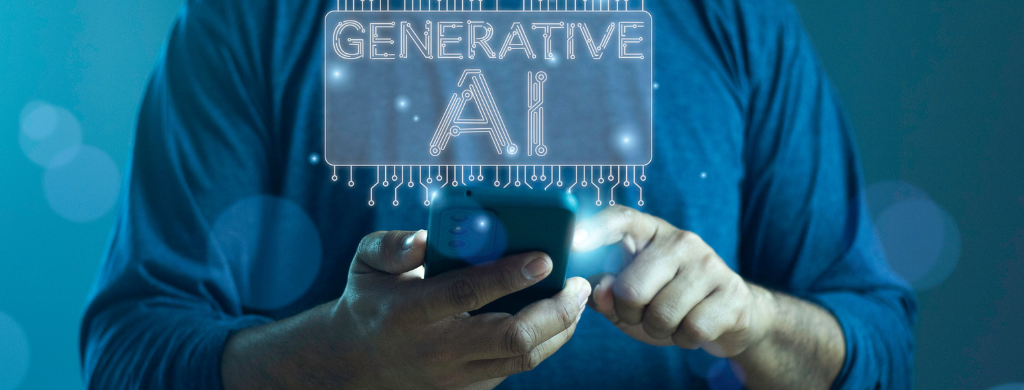The European Union (EU) is taking significant strides towards a more sustainable future. A key aspect of this is achieving ambitious climate and energy goals. The 2030 Climate Target Plan, for example, aims for a 55% reduction in greenhouse gas emissions compared to 1990 levels by 2030. Ultimately, the goal is to achieve climate neutrality by 2050, meaning zero net CO2 emissions.
Energy Efficiency and Product Standards
Energy efficiency plays a crucial role in reaching these targets. This refers to the ratio between the output of a tool or machine and the energy it consumes. The EU has set a target of increasing energy efficiency by 36% by 2030.
To achieve this, strict product standards are essential. This is why all appliances sold in the European market must have an energy label that clearly displays their consumption.
EPREL Database and Energy Labels
The European Product Database for Energy Labelling (EPREL) is a central registry managed by the European Commission. It contains information on the energy performance of various appliances, ensuring manufacturers comply with EU regulations.
EPREL issues energy labels that summarize this data and are affixed to the products. These labels, often in the form of QR codes, allow consumers to access the EPREL database for detailed information about the appliance’s energy efficiency.
Qualified Electronic Seal for EPREL
The growing importance of climate policies has led to the requirement for additional certification. Since 2022, companies seeking an energy label for their products need a Qualified Electronic Seal (QSealC). This electronic seal guarantees the authenticity and origin of the request, along with the identity of the applicant.
In essence, it functions similarly to an electronic signature but is specifically designed for businesses.
How to Obtain a Qualified Electronic Seal
Several IT and digital service providers operate within the EU. However, only a select few qualify as Qualified Trust Service Providers (QTSPs). These authorized companies offer trust services and are recognized by government bodies. They are also authorized to provide services under the eIDAS regulation.
eIDAS (electronic IDentification, Authentication and Signature) is an EU regulation established in 2016. It sets security standards for electronic interactions between individuals, public administrations, and businesses. Only providers deemed sufficiently qualified to meet these standards can offer services with legal effect across the EU.
Among these QTSPs, InfoCert is the largest in Europe, making them a reliable source for obtaining a Qualified Electronic Seal.
How to Request a Qualified Electronic Seal for EPREL
Companies that manufacture energy-consuming appliances and require an EPREL label can obtain a Qualified Electronic Seal from InfoCert. This seal ensures EU-wide validity and full compliance with eIDAS regulations. The process for requesting a seal is straightforward. Simply fill out the contact form on the dedicated EPREL seal page on InfoCert’s website. An expert will guide you through the process to obtain the seal, which is necessary for EPREL certification.
It’s important to note that the legal representative of the applicant company must possess a digital signature to access this service.
Discover more about INFOCERT digital signatures solutions here.




